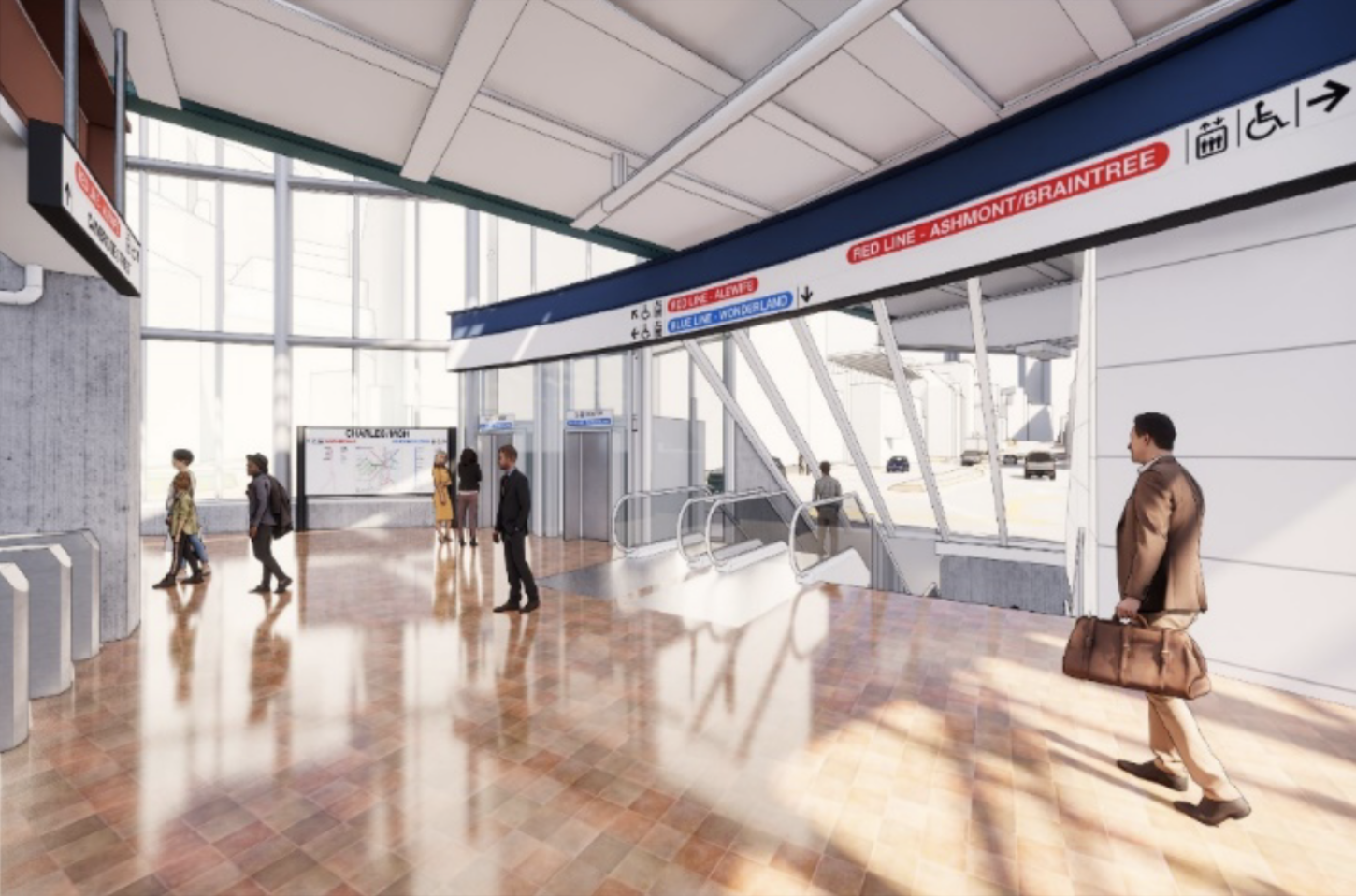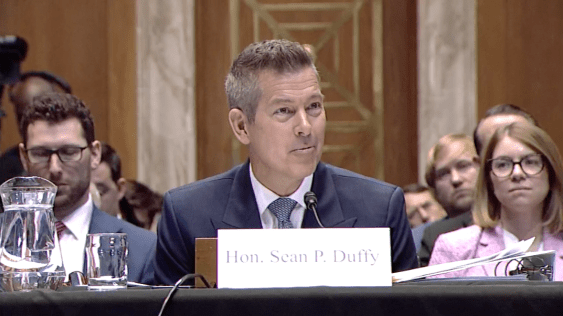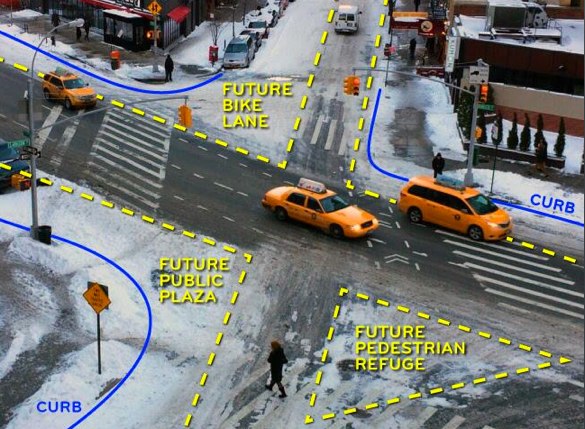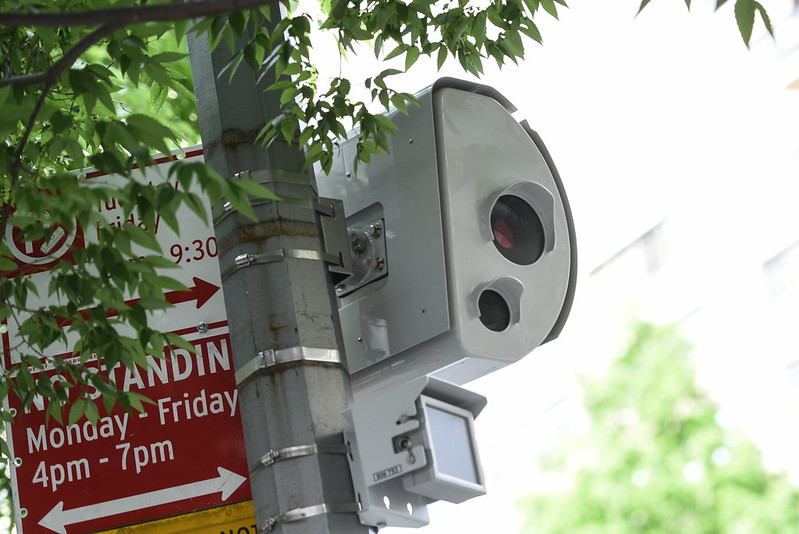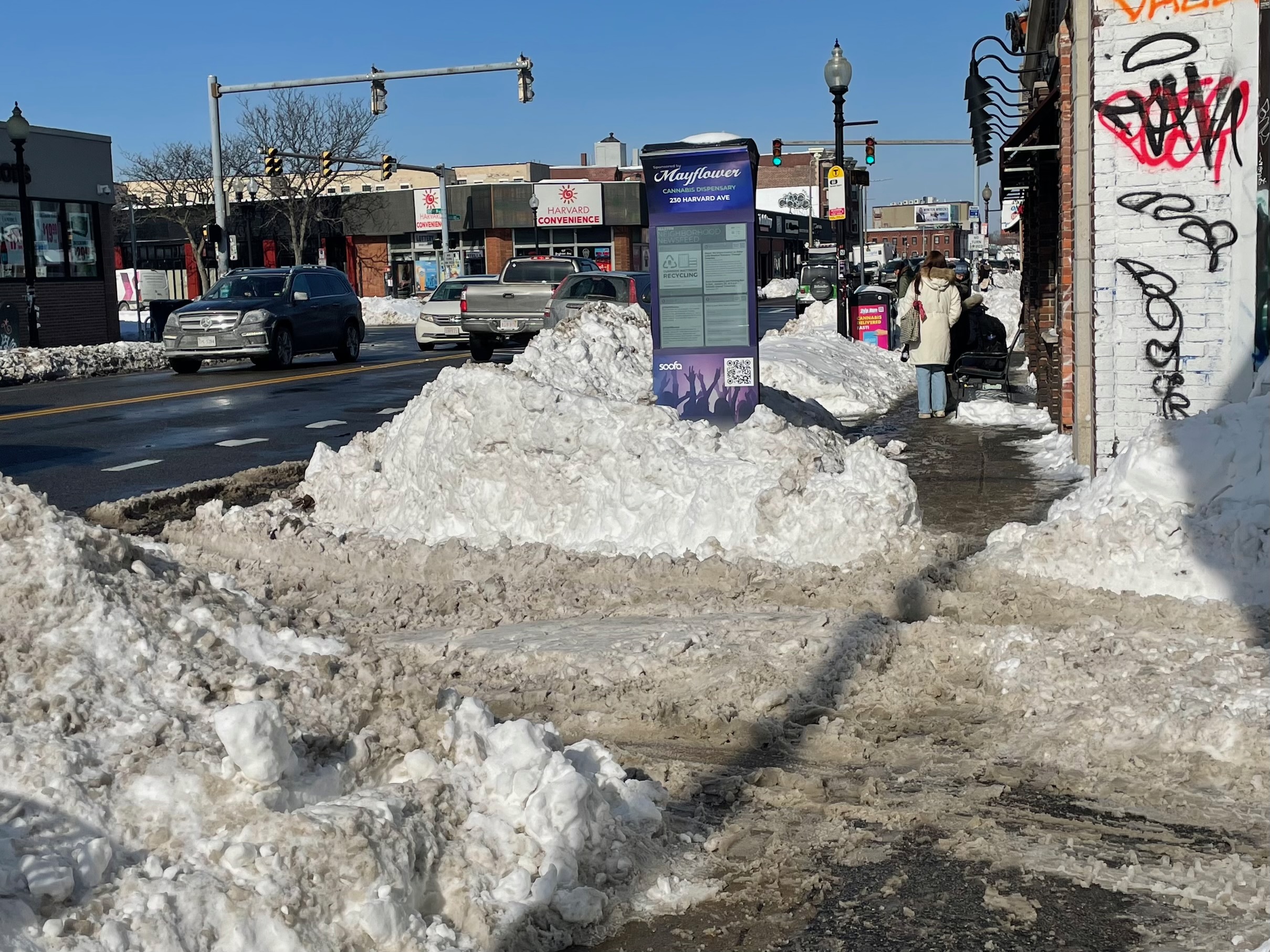Last Wednesday, as expected, Gov. Healey released her administration's first state budget proposal – one that's flush with new funding from the new Fair Share Amendment, a new income tax surcharge on people who earn over $1 million.
The Governor is proposing to use that money to establish a new "Education and Transportation Fund," which would split $1 billion in new funding roughly evenly between education and transportation projects (state tax collectors expect that the new surtax will actually generate considerably more than $1 billion, but Gov. Healey wants to spend conservatively for now, since actual tax collections from high-income earners are expected to be relatively volatile from year to year).
For the state's transit agencies, Healey's budget generally relies on this new Education and Transportation Fund to increase spending above and beyond this year's levels.
For example, under Gov. Healey's budget proposal, the state's annual operating transfer to Regional Transit Authorities (RTAs) – which historically has covered just over one-third of the collective operating budgets for the state's 15 transit agencies outside of the Boston area's MBTA service area – would be $96.5 million, the same amount as last year.
Bear in mind that because of inflation, that amount will be worth about 6 percent less in 2024 than it was worth in 2023.
However, Healey's budget would also set up a new $25 million fund for "Regional Transit Funding and Grants," paid out from the new Education and Transportation Fund.
Of that $25 million, $6 million would be distributed to RTAs proportionally based on their ridership and service area populations, and the remaining $19 million would fund discretionary grants for new service expansions that RTAs and other community transit providers would compete for.
Similarly, Healey proposes giving the MBTA $187 million from the Commonwealth Transportation Fund to fill the T's annual operating deficit – the same amount that the T received in this year's budget.
But Healey's budget supplements that money with a new $181 million line-item earmarked for MBTA capital construction projects, plus another $5 million "for one-time expenses for exploring the feasibility of implementing a means-tested fare program at the MBTA."
The new Education and Transportation Fund would pay for both these items, with tax collections from the new Fair Share Amendment.
Healey's budget legislation earmarks the proposed MBTA capital funding for three specific purposes:
- $100 million "for bridge repair, rehabilitation and replacement across the MBTA network"
- $70 million for "station and accessibility improvements"
- and $11 million for ongoing design work for the red-blue connector project in Boston
The Education and Transportation Fund would also pay $12.5 million for improving east-west passenger rail service (specifically for track improvements at the existing Pittsfield Amtrak station, and design funding for a new station in Palmer), and $2.5 million "for one-time expenses for a pilot project including grants for operational assistance to ferry services."
The remaining transportation spending from the new Education and Transportation Fund would go to MassDOT for roadway projects, including bike and pedestrian infrastructure.
That includes $100 million for MassDOT bridge repair and replacement projects, $50 million to match federal grants from the new Bipartisan Infrastructure Law, and $100 million for a new "Municipal Partnership Initiative," which will help local governments design and construct smaller transportation projects. The budget proposal explicitly notes that these new municipal funds "may be expended for the expansion of bike share infrastructure."
All told, the new Education and Transportation Fund would divvy up its $1 billion in new spending from the Fair Share Amendment thus:
- 51 percent for education initiatives
- 18.6 percent for the MBTA
- 4 percent for Regional Transit Authorities and other non-MBTA transit projects
- 26.4 percent for MassDOT
The Governor's proposal is only the first draft in what is usually a months-long budget negotiation with the state legislature, so many of these details are likely to change (especially if advocates weigh in with their lawmakers).
Find more detail on the Governor's proposed transportation spending here.
